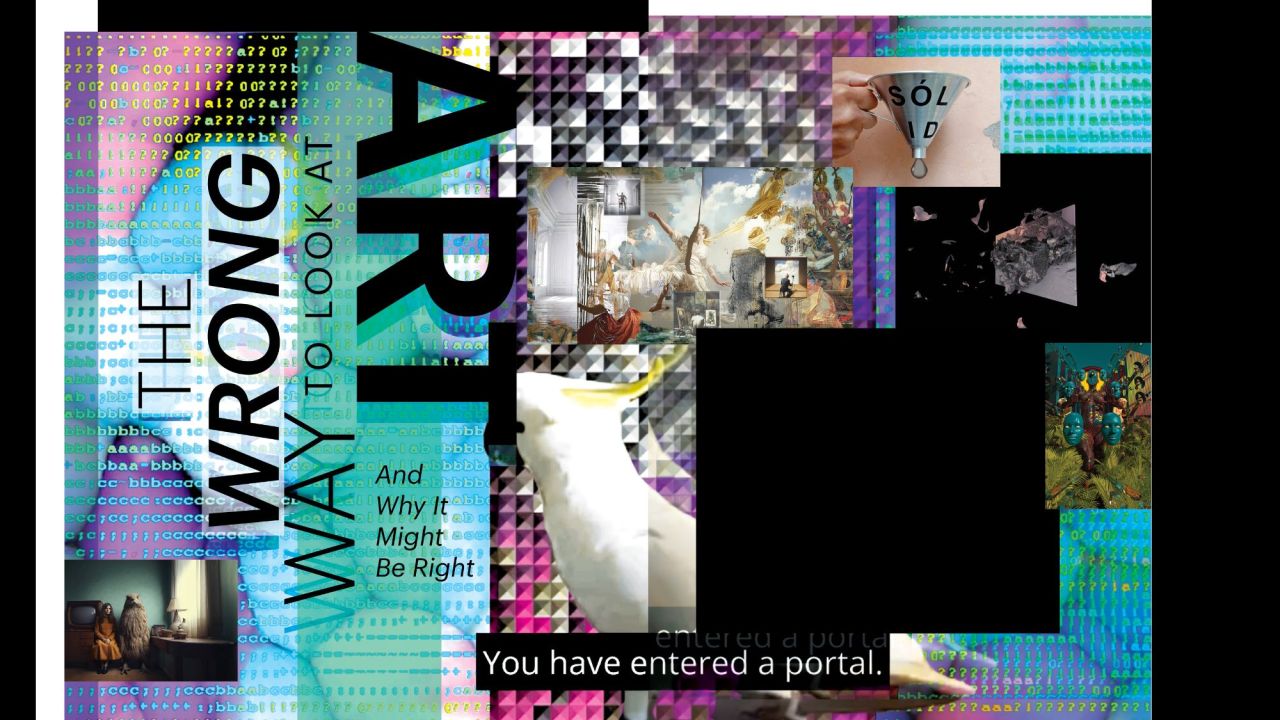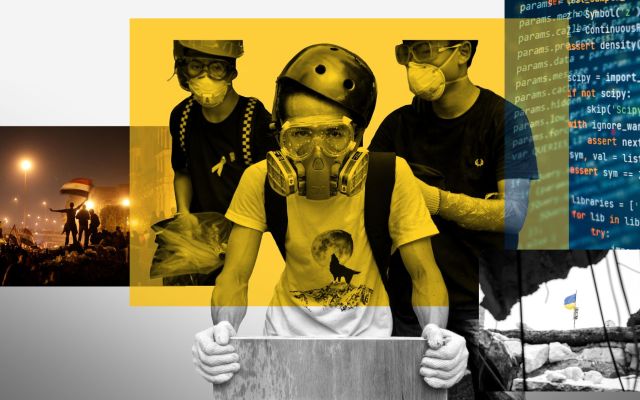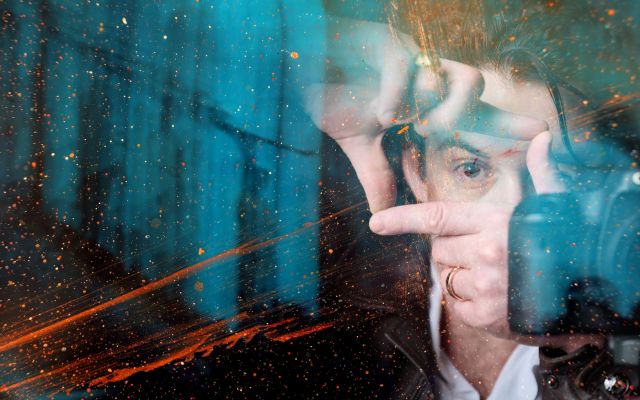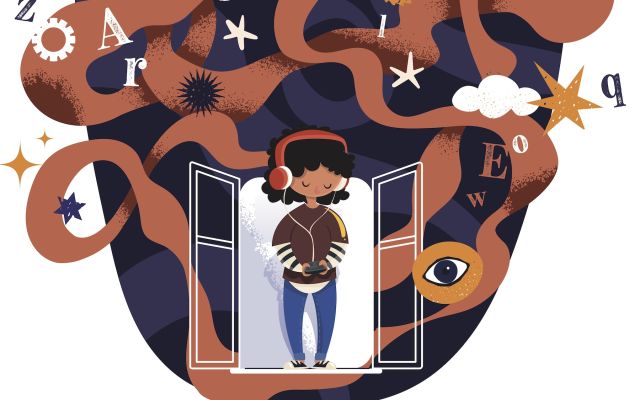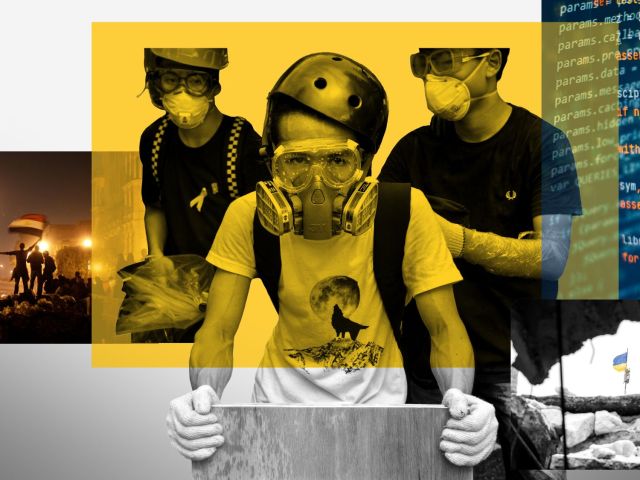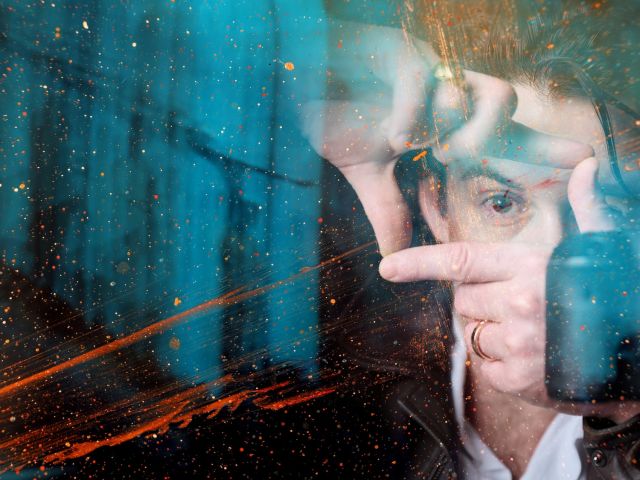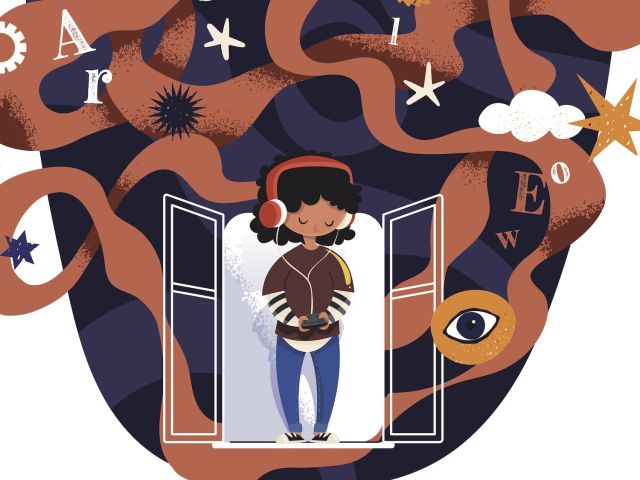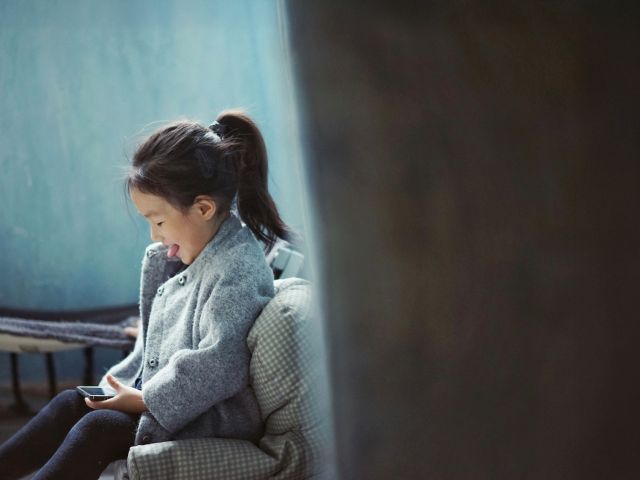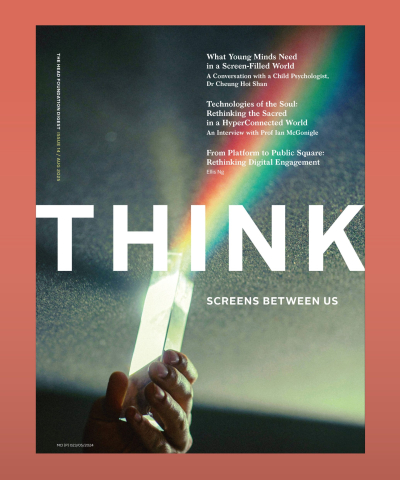THINK
THINK
The Wrong Way to Look at Art And Why It Might Be Right
The Wrong Biennale is not a traditional art event. There are no museums, no galleries, and no opening night. Instead, it lives entirely online. It began in 2013 as a simple idea: What if anyone could create a digital art exhibition on the internet? No curators selecting who’s in and who’s out. No […]
Clickbait or Consumer Guide?: How Influencers Drive Our Purchases
Consumers’ purchasing behaviour varies depending on factors such as psychological state, socioeconomic conditions, cultural influences,…
From Presence to Performance: Rethinking HR in the Always-On Workplace
Digital connectivity has fundamentally reshaped workplace expectations, contributed to widespread employee burnout, and challenged traditional…
From Platform to Public Square: Rethinking Digital Engagement
In Asia, the role of social media as the main catalyst for civic engagement is…
Technologies of the Soul: Rethinking the Sacred in a Hyperconnected World — An interview with Prof Ian McGonigle
In this issue, THINK’s Chief Editor spoke with filmmaker and anthropologist Ian McGonigle about his…
My Leisure Is Not Your Capital
I am Yi Bin, a person trying to live life on my own terms. I…
Winning at What Cost?: The Psychology of Gamification and The Fight for Our Focus
In an era where smartphones and ceaseless digital interaction dominate our lives, our daily experiences…
Smart Nation, Anxious Parents: How to Raise Screen-Ready Children?
Let’s indulge in a thought experiment. An alien lands in Singapore on a mission: to…
Managing Minds and Mobiles: Parents, Screen Time, and the Child Who Learns Differently
We have both sat across from parents near tears — not because their child was…
What Young Minds Need in a Screen-Filled World: A Conversation with a Child Psychologist, Dr Cheung Hoi Shan
From bedtime routines interrupted by YouTube videos to classroom attention diverted by WhatsApp chats among…
Clickbait or Consumer Guide?: How Influencers Drive Our Purchases
Consumers’ purchasing behaviour varies depending on factors such as psychological state, socioeconomic conditions, cultural influences, and personal reasons. In the not-so-distant past, celebrity endorsements were…
From Presence to Performance: Rethinking HR in the Always-On Workplace
Digital connectivity has fundamentally reshaped workplace expectations, contributed to widespread employee burnout, and challenged traditional human resources practices. Born in the early 1980s, I have…
From Platform to Public Square: Rethinking Digital Engagement
In Asia, the role of social media as the main catalyst for civic engagement is declining. What can community builders do to help people connect?…
Technologies of the Soul: Rethinking the Sacred in a Hyperconnected World — An interview with Prof Ian McGonigle
In this issue, THINK’s Chief Editor spoke with filmmaker and anthropologist Ian McGonigle about his award-winning documentary Technologies for the Soul. The film examines how…
My Leisure Is Not Your Capital
I am Yi Bin, a person trying to live life on my own terms. I went to the Rhode Island School of Design to learn…
Winning at What Cost?: The Psychology of Gamification and The Fight for Our Focus
In an era where smartphones and ceaseless digital interaction dominate our lives, our daily experiences have been subtly transformed into a game. Simple acts such…
Smart Nation, Anxious Parents: How to Raise Screen-Ready Children?
Let’s indulge in a thought experiment. An alien lands in Singapore on a mission: to understand the rules of how children and adolescents interact with…
Managing Minds and Mobiles: Parents, Screen Time, and the Child Who Learns Differently
We have both sat across from parents near tears — not because their child was failing in school, but because their child could not seem…
What Young Minds Need in a Screen-Filled World: A Conversation with a Child Psychologist, Dr Cheung Hoi Shan
From bedtime routines interrupted by YouTube videos to classroom attention diverted by WhatsApp chats among classmates, mobile devices and social media are profoundly influencing childhood.…
HESB Issue 1
What’s New in Higher Education? Southeast Asia and Beyond The inaugural issue of HESB looks at higher education reform in the region, following trends of internationalisation and massification. It also looks at how governance, financing, and university autonomy affect the pace of change in higher education, and how policy makers can make effective changes. READ […]


